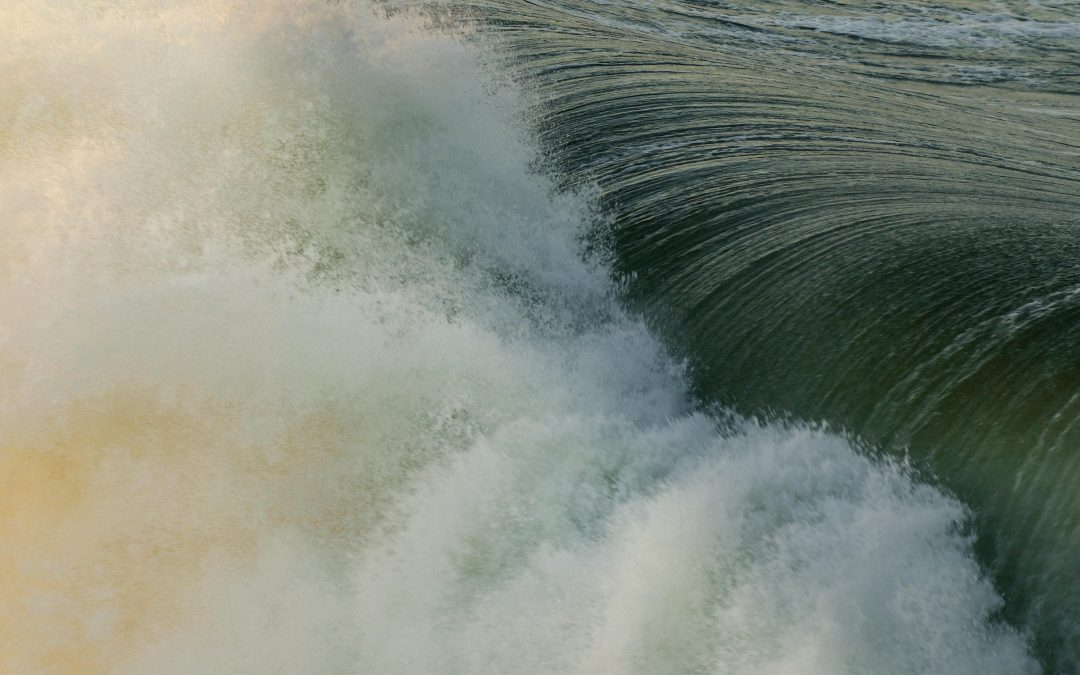Your conscience can be wrong. You can’t always rely on it, because your sins can sear and crust it over without your noticing.
Look at the Apostle Paul.
Paul was so aware of this that he didn’t engage in the kind of moral introspection we commonly associate with holiness. Look at 1 Corinthians 4:3:
But to me it is a very small thing that I should be questioned by you, or by any human court; in fact I do not even examine myself.
Paul had a robust conscience. He trusted God, and seems not to have agonized severely over his sins. Some patterns of Christian piety teach that it’s necessary to reflect on your own sins until you work yourself into an emotional crisis that leads to catharsis and renewal.
There are certainly times when that is appropriate, particularly when your conscience needs to be softened so it can grow and become muscular again. It’s worth noting, though, that Paul didn’t encourage this kind of hyper-sensitive moral introspection.
We all have a conscience.
There is no morality apart from God, and yet those who reject God nonetheless have a conscience. We’re created with the means to construct a basic moral code. That ability can be misused, and it can be damaged, but it can also be strengthened and redeemed.
Sometimes the Christian’s job is to find ways to have common conversations with those who recognize some basic moral sensibilities without understanding where these moral standards come from. We have to try to appeal to the consciences of others while also making sure that our own consciences are sensitive to God’s leading.
Read more about the conscience and the unbeliever here.
Morals come from God.
That brings us to the secondary wellsprings of all morality. Morals themselves come from God, and are the foundational standards of all conduct, expressed and reinforced through two things: a deep and abiding love and accountability.
Love
We can’t teach people about right and wrong if we don’t love them. People adopt their values from those who love them. Love is a prerequisite for teaching morality.
Accountability
Accountability is also necessary. The last moment in human history is going to be a moment of accountability. We don’t do ourselves any favors when we refuse to be held accountable, and when we don’t hold one another accountable.
As isolated human beings, we can’t guide ourselves through these waters. We sometimes sit in our rudderless boats and think we’re in control when we’re just going along with the current. Truth proceeds from the mouth of the living Lord, and Jesus Christ calls out to us through our consciences, buttressed by the Spirit, the people of God, and all the teachings of scripture.
God calls to us in our despair, in our doubt, in the midst of our sin, in our fears as we are buffeted on vast seas of humanistic secularism. He calls to us, each of us, to give up ourselves: to leave the currents of this age and follow the risen Lord back home into the arms of the maker.
The previous was adapted by Rachel Motte from Dr. Sloan’s address to Prestonwood Christian Academy on November 11, 2007.
